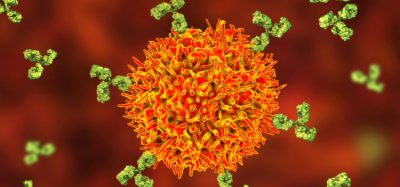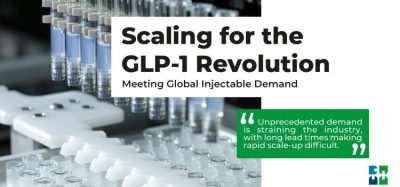Stem cell transplantation may be able to prevent major cause of death in preterm infants
Transplanting stem cells directly into the trachea of preterm infants with bronchopulmonary dysplasia was found to be safe and of some benefit in the most vulnerable group.
Results from a Phase II trial show that mesenchymal stem cell (MSC) transplantation for bronchopulmonary dysplasia (BPD), a major cause of death in preterm infants, may be safe and feasible.
BPD is a serious breathing disorder in which the lungs do not develop normally. Most infants who develop BPD are born more than 10 weeks before their due date, weigh less than two pounds at birth and have breathing problems. Infections that occur before or shortly after birth also can contribute to the disorder. Despite recent advances in neonatal medicine, BPD remains a major cause of mortality and long-term respiratory and neurologic problems in premature infants.
The study evaluating the effectiveness of transplanting umbilical cord blood-derived mesenchymal stem cells (UCB-MSCs) directly into the tracheas of premature infants was conducted by researchers at Samsung Medical Center, Sungkyunkwan University and Asan Medical Center Children’s Hospital, all South Korean, and published in STEM CELLS Translational Medicine.
Dr Ellen Ai-Rhan Kim of the Asan Medical Center Children’s Hospital, University of Ulsan, a co-author of the study, commented: “We focused on UCB-MSCs, as they exhibit several advantages over adult tissue-derived MSCs, including lower immunogenicity, higher proliferation capacity, paracrine potency and therapeutic efficacy both in vitro and in vivo. Moreover, allogenic transplantation of MSCs, which come from a donor rather than the patient, might have a logistic advantage as they can be used at an early active stage of disease.”
The double‐blind, randomised, placebo‐controlled trial (NCT01828957) enrolled 66 preterm infants at 23 to 28 gestational weeks (GW) receiving mechanical ventilator support with respiratory deterioration between postnatal days 5 and 14. Infants were stratified by 23 to 24 GW and 25 to 28 GW and randomly allocated (1:1) to receive stem cells (1 × 107 cells/kg) or placebo. They were then assessed for six months.
The researchers found that, despite inflammatory cytokines in the tracheal aspirate fluid being significantly reduced with MSC transplantation, the primary outcome of death or severe/moderate BPD in the control group (18/33, 55 percent) was not significantly improved with MSC transplantation (17/33, 52 percent). However, in the subgroup analysis, the secondary outcome of severe BPD was significantly improved from 53 percent (eight of 15) to 19 percent (three of 16) with MSC transplantation in the 23 to 24 GW group, but not in the 25 to 28 GW subgroup.
The investigators concluded in their final analysis that intratracheal transplantation of MSCs appears to be safe and feasible; however, stated that their study was underpowered and thus a larger sample size would be required to “solidly prove therapeutic benefits for infants in this group who are at the highest risk for BPD or death”. As a result, they are now conducting an additional, larger Phase II trial focusing on 23 to 24 GW infants (NCT03392467).










